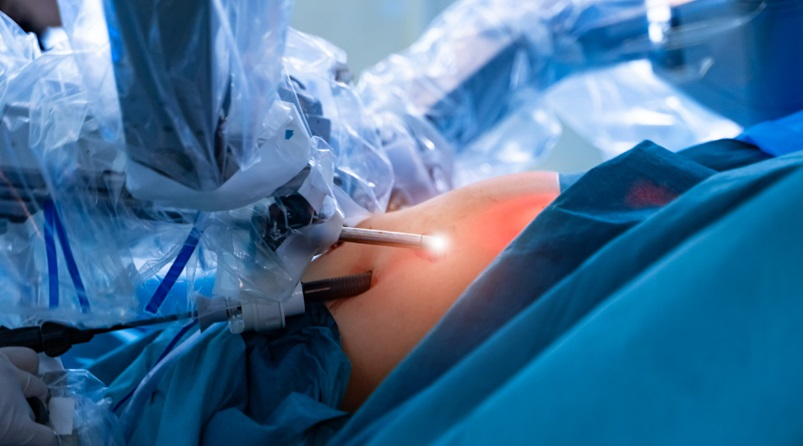Bariatric surgery is a life-changing procedure that helps individuals struggling with obesity to achieve significant weight loss and improve their overall health. Taking the leap to undergo bariatric surgery in New York is a significant decision, and adhering to proper diet and nutrition guidelines post-surgery is critical for long-term success. Following the procedure, patients must follow a step-by-step dietary plan to ensure healing and adjust to the changes in their digestive system. This article
Transition Phases in Post-Surgery Diet
Phase 1: Clear Liquids
Immediately after surgery, the stomach needs time to heal, and clear liquids are recommended. This phase typically lasts for a few days and includes water, broth, and sugar-free gelatin. It is crucial to stay hydrated and avoid any beverages that can irritate the stomach.
Phase 2: Full Liquids
Once cleared liquids are well-tolerated, patients can slowly transition to full liquids. This phase includes options like protein shakes, smoothies, and milk. The goal here is to introduce more nutrients without causing discomfort.
Phase 3: Pureed Foods
Approximately two weeks post-surgery, patients can start incorporating pureed foods. High-protein foods like scrambled eggs, Greek yogurt, and pureed vegetables are ideal. Meals at this stage should be small and consumed slowly to avoid any gastrointestinal issues.
Long-Term Dietary Guidelines
Consistency in dietary habits is essential for maintaining the weight loss achieved through surgery. Focus on balanced meals rich in protein, vitamins, and minerals while avoiding high-sugar and high-fat foods.
Importance of Protein
Protein is crucial for recovery and maintaining muscle mass. Incorporate sources like lean meats, beans, and low-fat dairy into your daily diet. Protein aids in longer-lasting satiety and helps control overall caloric intake.
Hydration
Staying hydrated is vital, but it’s important to avoid drinking fluids 30 minutes before and after meals to prevent the stomach from filling up too quickly. Aim for at least 64 ounces of fluid per day, choosing water, herbal tea, or other non-caffeinated, non-carbonated beverages.
Nutritional Supplements
Due to the reduced food intake and potential malabsorption issues, daily supplements usually become necessary. Your healthcare provider might recommend multivitamins, calcium, vitamin B12, and other specific supplements to ensure comprehensive nutrition.
Managing Weight Loss and Maintenance
Achieving and maintaining weight loss post-surgery requires more than just following dietary guidelines. Regular physical activity plays a significant role. You may consider seeking advice from a professional to develop a tailored exercise plan. For additional information about maintaining weight loss after bariatric surgery, you may check out this blog.
Conclusion
Along with choosing the right bariatric surgery, following a well-balanced diet, staying hydrated, and incorporating regular exercise can lead to long-term weight loss success. Remember to consult with your healthcare provider for personalized recommendations and support throughout your journey. Stay committed, make healthy choices, and enjoy a better quality of life after bariatric surgery.

